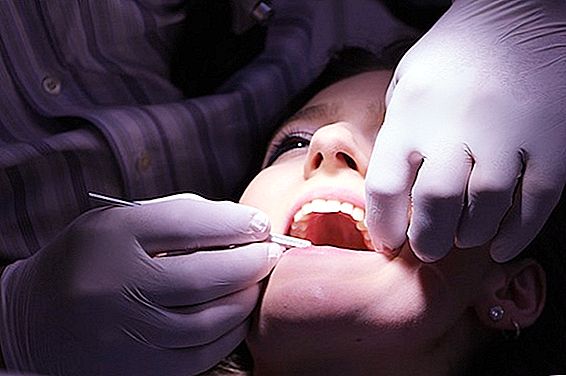Teeth are a tool with which we bite and chew the food necessary to sustain life. The second function is more pronounced in animals and is intended to protect the territory and family. The gums hold the tooth in place and prevent it from falling out. The psychosomatic meaning of teeth and gums is the ability to "bite" something in life, to protect oneself, to have the right to an opinion.

From the point of view of psychosomatics, a series of ideas that a person has from early childhood leads to diseases of the teeth and gums. When a child begins to erupt, he learns to bite, chew food, and also interact in a new way with the world.
Psychosomatics of caries
Caries is a deep conviction that "I do not have the right to."
For a child, teeth are a new tool that he begins to learn gradually. In particular, a belief base is being formed that in case of danger or to protect oneself one can bite or bite something. If a child cannot defend his borders and is forced to accept that “I have no right to bite anyone, ” because it causes inconvenience or hurts another person, caries forms.
The child experiences his aggressive behavior (biting someone) as a deep internal shock and horror, which is fixed inside the psyche. It is this “horror" that remains with him for life and begins to gradually destroy teeth. The inability to perform any action due to the fear of “biting someone” leads to caries.
Periodontal disease in psychosomatics
Periodontal disease, like caries, is associated with the idea of getting rid of all teeth that can hurt someone.
With periodontal disease, a gradual loosening and loss of teeth occurs, the reason for which, from the point of view of psychosomatics, is the inability to defend one’s own opinion, set the boundaries of one’s territory, achieve success in some business, become a winner because it can someone " to hurt. " Therefore, it is better to immediately lose all teeth and know for sure that "I can no longer hurt anyone."
People who have formed a belief in early childhood that they have no right to anything, plus a constant sense of guilt, will have problems not only with their teeth, but also with their gums. The psyche will try to get rid of all teeth as quickly as possible so as not to harm someone, not cause inconvenience or anxiety, not try to get something out of life or defend one’s opinion. Remaining defenseless (without teeth), a person shows others that he cannot be blamed and that he will not hurt anyone.
